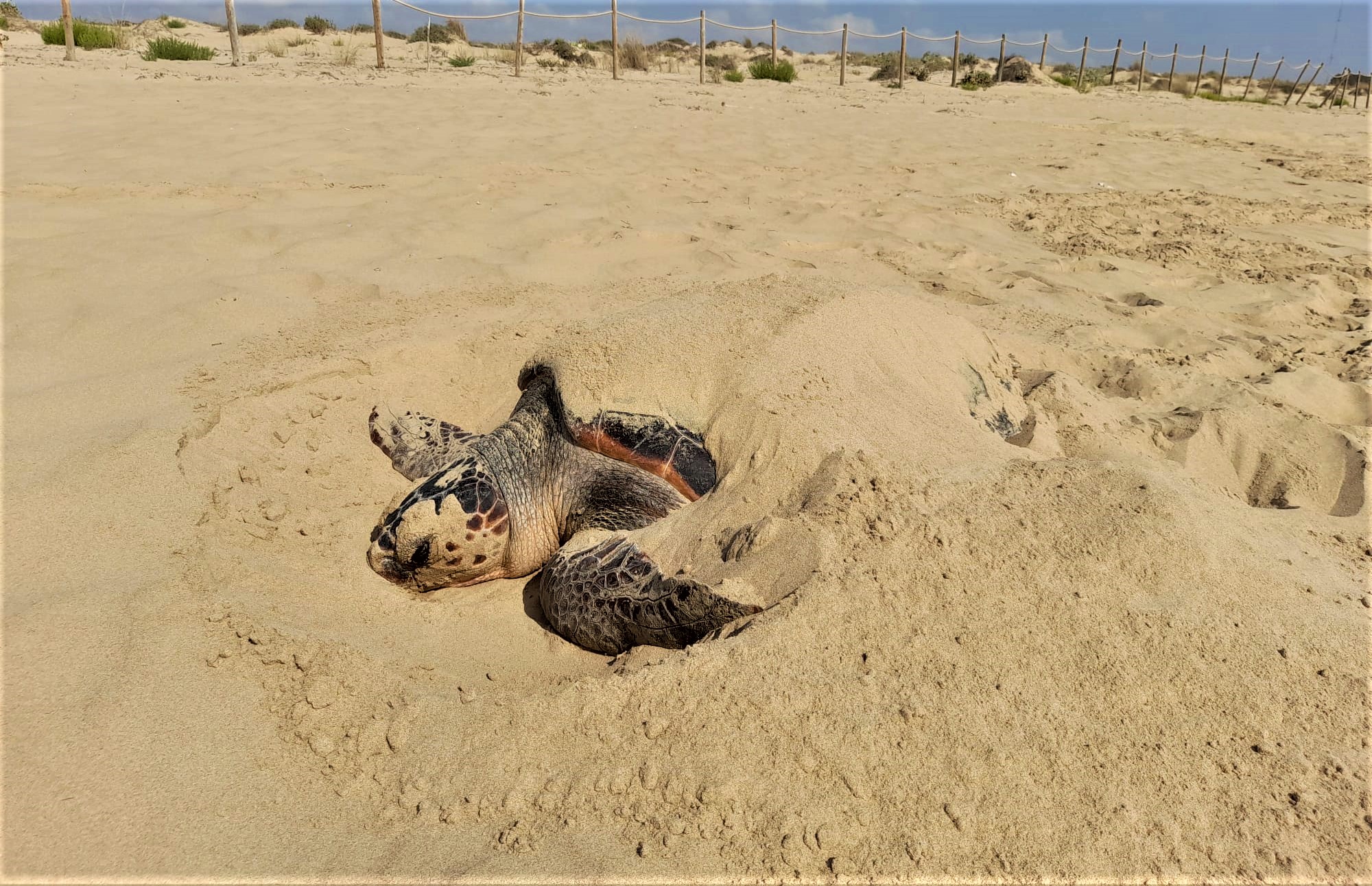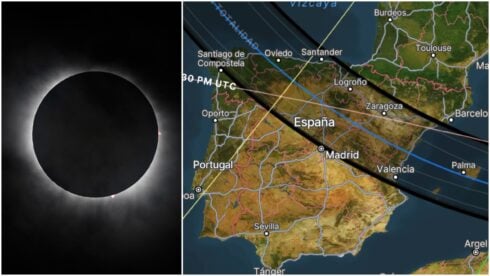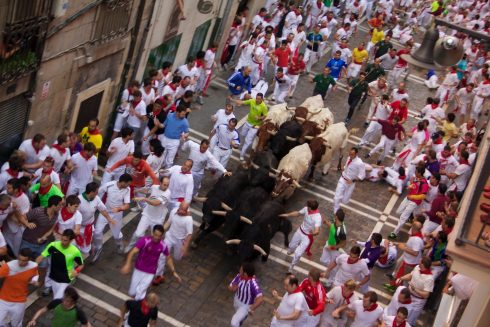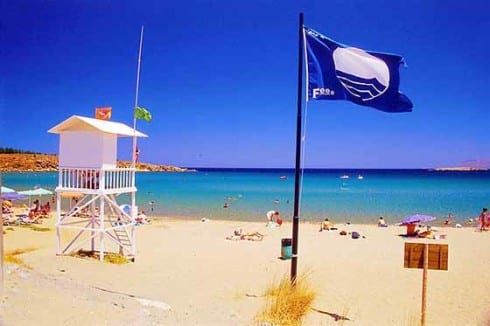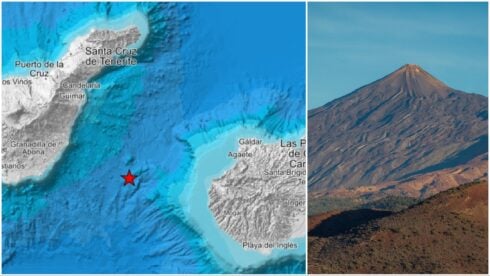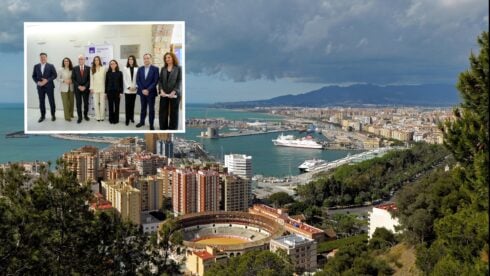A LOGGERHEAD turtle has laid close to 70 eggs in the middle of summer on one of Marbella’s busiest beaches.
The nesting took place in the early hours of Friday to Saturday morning (June 30 – July 1) on the Nueva Andalucia beach, situated just west of Puerto Banus.
The clutch was spotted by a local resident who was strolling along the beach late last Friday night and immediately alerted the emergency services.
At around 4am environmental officers from the Junta arrived at the scene to take charge of the situation and ensure the safety of the eggs.
By that point the female loggerhead turtle who had laid the eggs had left the site, but all 69 eggs were found and in ‘good condition.’
The environmental experts cordoned off the area, measured the temperature of the place and the sand and decided to transfer nine eggs to Bioparc Fuengirola where, in an incubator and attended to by experts in reptile reproduction, their development and hatching will be monitored.
The rest of the eggs will remain in the original nesting place, where the Junta together with the Marbella City Council have called for ‘turtle watch volunteers’ to step forward to ‘monitor’ the remaining turtle eggs laid on the beach over the next two months, the time foreseen by the technicians for the eggs to hatch.
The hatchlings will then be transferred to a specialised centre in Algeciras, where they will remain during their first year of life, after which they will then be released on the same beach in Marbella.
In recent years, new nests have been extended along the Spanish Mediterranean coast, with documented nests in different locations along the coast between Barcelona and Almeria as well as in the Balearic Islands.
This is the second nesting of loggerhead turtles on the Marbella coastline and in August 2020 a loggerhead turtle nested on the beach of Los Boliches, in Fuengirola.
The progressive warming of the Mediterranean and most of its beaches due to climate change could be one cause of this nesting which favours the reproductive needs of the species.
READ MORE:
- Loggerhead turtle stranded on beach in Spain’s Malaga is rescued
- HISTORIC EVENT: Sea turtle lays eggs on Los Boliches beach in Spain’s Malaga in first ever recording of turtle nesting in area
Click here to read more Malaga News from The Olive Press.

